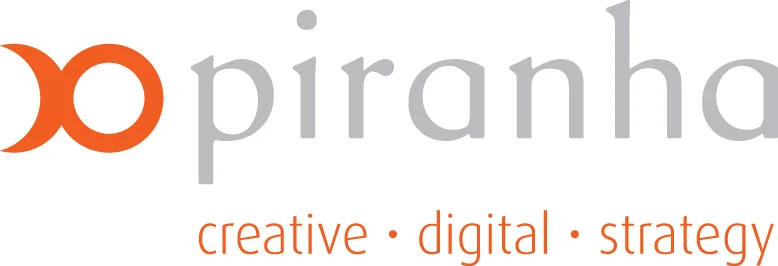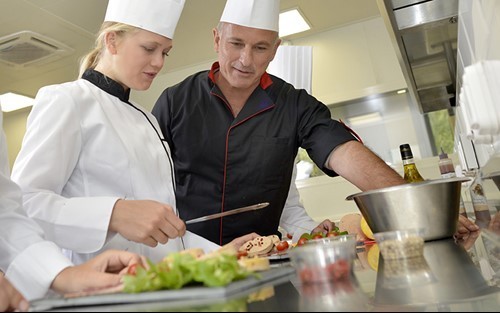If you are professionally involved in commercial food preparation, then UK law requires you to fully understand and be compliant with food safety standards. More importantly correct food safety protocols help prevent customers from becoming ill by minimising contamination in and around food products in establishments that adopt them. Despite our focus on culinary delights at this time of year, professional food preparation and food safety aren’t just for Christmas and need to be taken seriously all year round.
One of the best ways to get the correct food safety systems in place is training. Good food hygiene training will teach food handlers how to apply proper handling, storage, and cleaning techniques. Food safety training is a key component in avoiding cross-contamination in the kitchen and food storage environments. Vigilance is crucial as even the smallest amount of contamination can lead to food poisoning or an allergic reaction, from trace allergens. Food-poisoning bacteria, like E.coli and Salmonella, are easy to spread from food onto work surfaces, kitchen utensils, and by hand and then passed onto prepared food which is ready-to-eat.
Professionally delivered food safety training can help eradicate poor hygiene practices and improve efficiency in work flow, and storage methods whilst ensuring the reputation of the establishment that has provided staff with the knowledge they need to work safely and hygienically with food.
The Level 2 Food Safety course delivered by Centaur Training Services aims to increase a student’s knowledge and understanding of food safety in their workplace role. The course has been specifically structured to give delegates a thorough understanding of food safety, outlining the importance of food safety procedures, risk assessment, safe food handling and correct kitchen behaviour.
The one-day course focuses on how to prevent food contamination, why personal hygiene is essential and the best method of cleaning work surfaces and equipment. Delegates who have completed this course will leave knowing how to safely store, prepare, cook, chill, reheat, serve and transport food.
Centaur’s experienced trainers give practical demonstrations of how to regulate temperature control in the kitchen, storing of food and rotating stock. Students are assessed on their understanding of what they have learnt and awarded an official Level 2 certification if they pass.
Once trainees are back in the workplace, they will be able to:
Understand the importance of food safety procedures, risk assessment and safe food handling. Ensure they and people around them take responsible for food hygiene and safety. Report food safety hazards correctly and outline the legal responsibilities of food handlers. Understand why good personal hygiene is essential in the kitchen. Describe and demonstrate the best way to clean work surfaces and equipment so that the risk of contamination is reduced. Deal with food spillage correctly. Handle, store and cook food safely. Understand why temperature control is necessary. Control stock effectively.The Level 2 Food Safety course is an ideal platform for employees that prepare food in the workplace to learn about food safety best practice. Delegates do not have to hold any prior food safety qualifications in order to sit the Level 2 Food Safety course.
The programme is accredited by Highfield Awarding Body for Compliance (HABC). HABC Level 2 Award in Food Safety in Catering has been accredited by the regulators of England, Wales and Northern Ireland and is part of the Qualifications and Credit Framework (QCF). The regulators are Ofqual in England, DCELLS in Wales and CCEA in Northern Ireland. It is also supported by People 1st, the Sector Skills Council for hospitality and catering.
If you or your employees need to learn more about food safety, the Level 2 Food Safety course conducted by the Centaur Training Services team will give you all the knowledge and skills you require to prepare, handle and store food in a commercial environment in a safe and responsible manner that will ensure you meet the regulation standards in the UK.























